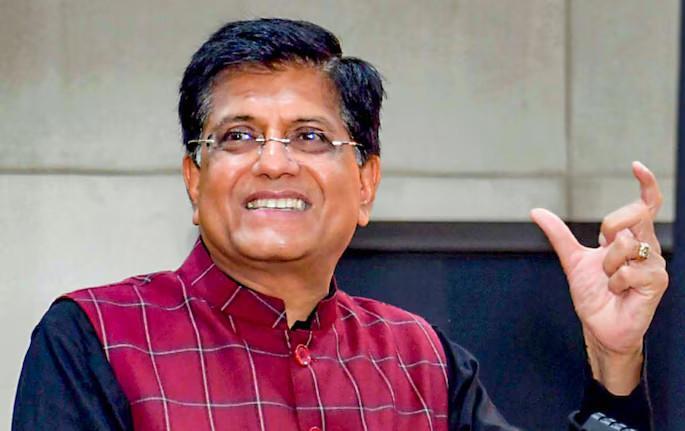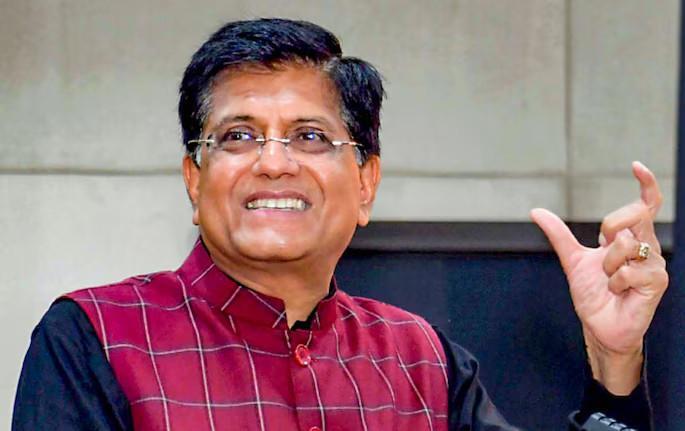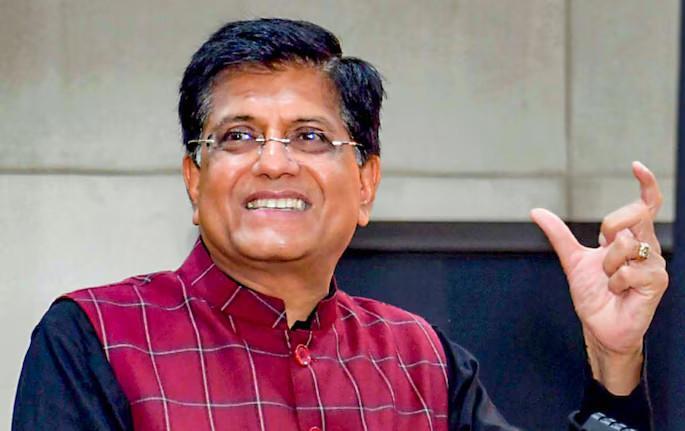
Title: Man offers ‘digital snan’ service for ₹1100 at Maha Kumbh
Description: For those unable to make it to the Maha Kumbh in Prayagraj, a local entrepreneur, Dipak Goyal, has introduced a ‘digital snan’ service. This facility allows devotees to send their photographs via WhatsApp for shahi snan in the Sangam. This symbolic act is offered at a price of ₹1,100 per person. The service has drawn mixed reactions from netizens.
The Maha Kumbh, one of the largest and most sacred pilgrimages in Hinduism, is a once-in-a-lifetime experience for many devotees. The holy event is held every 12 years, and thousands of people throng to the Sangam in Prayagraj to take a dip in the sacred waters. However, not everyone can make it to the event, due to various reasons such as health issues, financial constraints, or geographical barriers. To cater to these devotees, a local entrepreneur in Prayagraj has come up with an innovative solution – the ‘digital snan’ service.
Dipak Goyal, the entrepreneur behind this unique service, has set up a WhatsApp-based system that allows devotees to send their photographs of themselves. The photographs are then digitally superimposed onto the Sangam, giving the impression that the devotee has taken a dip in the holy waters. This symbolic act is offered at a price of ₹1,100 per person.
The service has drawn mixed reactions from netizens. While some have hailed it as a innovative solution for those who cannot physically attend the Maha Kumbh, others have criticized it as a commercialization of a sacred ritual. Many have expressed concerns that the service is exploiting the religious sentiments of people and that it is a blind faith.
Blind faith is a concept that has been debated by scholars and philosophers for centuries. It refers to the unshakeable trust that one has in a particular belief or institution, often without questioning or analyzing it. In the context of the ‘digital snan’ service, some have argued that it is an example of blind faith, as devotees are willing to pay a significant amount of money for a digital representation of a sacred ritual, without questioning the authenticity or legitimacy of the service.
Another concern raised by critics is that the service is commercializing a sacred ritual. The Maha Kumbh is a sacred event that holds immense significance for millions of Hindus around the world. By charging a fee for a digital representation of the ritual, the entrepreneur is profiting from people’s religious sentiments. This has raised questions about the ethics of commercializing a sacred event.
On the other hand, proponents of the service argue that it is a innovative solution for those who cannot physically attend the Maha Kumbh. The service allows devotees to participate in the ritual from the comfort of their own homes, which can be especially beneficial for those who are elderly, sick, or have mobility issues.
Moreover, some have argued that the service is not about the physical act of taking a dip in the Sangam, but about the symbolic significance of the ritual. The ‘digital snan’ service allows devotees to participate in the ritual and experience the spiritual benefits that come with it, without having to physically attend the event.
In conclusion, the ‘digital snan’ service has sparked a heated debate about the commercialization of a sacred ritual and the concept of blind faith. While some have hailed it as an innovative solution, others have criticized it as a way of exploiting people’s religious sentiments. Ultimately, the service raises important questions about the role of technology in religious practices and the ethics of commercializing sacred events.





